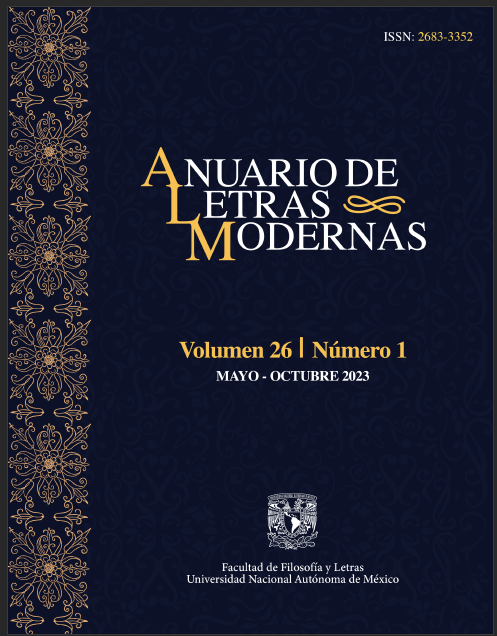Camões and Voltaire or the Epic on the Balance of Time: Historicization and Literary Controversy (18th and 19th centuries)
Main Article Content
Abstract
In the context of the 450th anniversary of the publication of Os Lusíadas, this article revisits the Camonian epic, its presence in the intellectual debates of the 18th and 19th centuries, and its contribution to the consolidation of Portuguese-speaking culture. For this purpose, we analyze testimonies in which the discussion around the model(s) of the epic intersects with opinions conveyed by Voltaire and the appropriation of Voltairian texts by commentators. The Essay on Epic Poetry, which marks a period when the author began to explore the domains of philosophy and history without abandoning his work as a poet, contains valuable material. The first version was published during Voltaire’s exile in England to pave the way for the publication of La Henriade. Controversies followed due to the publication of unauthorized translations and different versions until 1732, when he published his own (revised) version in French. Voltaire selected eight case studies—Homeric Poems, Virgil, Lucan, Tasso, Trissino, Ercilla, Camões, and Milton—and listed and compared their virtues and defects. On the other hand, Camões was criticized for mixing classical deities with religious entities and using unnecessary stylistic ornament. As for the Henriade, a poem that had translations into Portuguese since the 18th century, it is well known that it influenced the perception of what (and how) epic poetry should be, so its inclusion in these debates is not surprising. The corpus includes texts by F. Xavier de Meneses, J. Agostinho de Macedo, William Julius Mickle, Tomás José de Aquino, J. A. Bezerra de Lima, Morgado de Mateus, among others.

